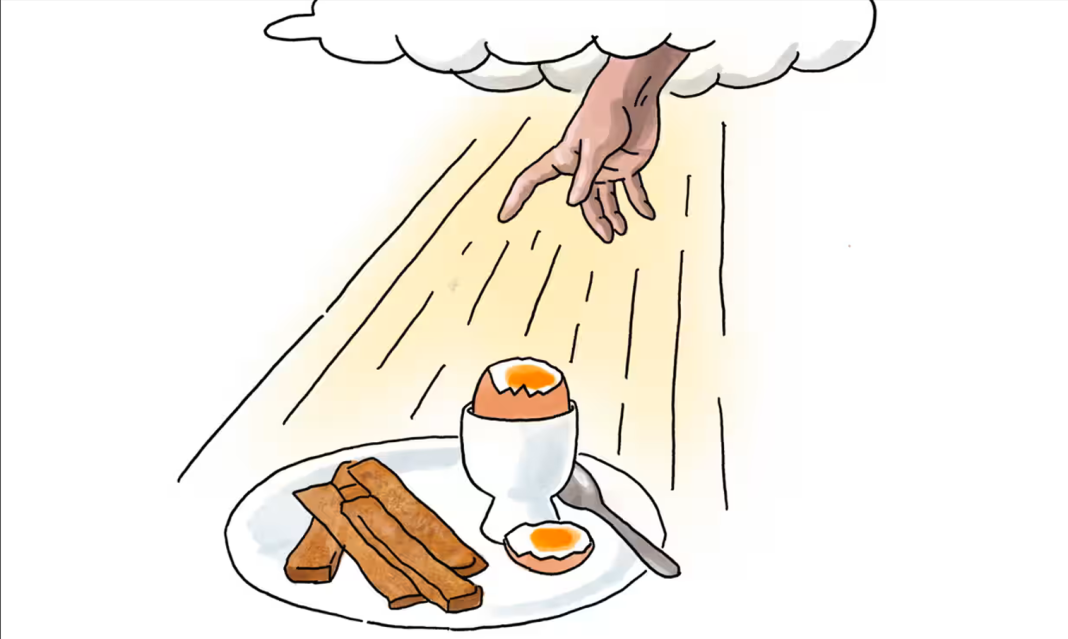Fans of the full English will be horrified by the trend for fasting, but does this argument hold sway with our expert?
“People get very passionate about breakfast, and whether they eat it or not,” says Dr Emily Leeming, a dietitian at King’s College London.
Previous generations might have hailed it a hero meal but, thanks to the rise of intermittent fasting, an equally evangelical cohort now preaches skipping it, claiming that avoiding eating until later in the day has benefits and reduces overall calorie intake and improves metabolic health.
Leeming thinks our ancestors had it right. She says that when it comes to claims that skipping breakfast leads to weight loss, there is conflicting research, and that while a shorter eating window is related to a lower BMI, it’s most effective when that window aligns with daylight hours: eating earlier and stopping earlier to align with our digestive system function, which slows in the evening.
“We need to shift the conversation away from simply reducing calories, because what is health? It’s also feeling great,” says Leeming.
Studies show that those who fast in the morning tend to get less fibre and essential minerals and vitamins in their diet. They also snack more and reach for less healthy snacks in the evening. Additionally, skipping breakfast correlates with a greater likelihood of depression and stress.
Leeming says: “If you have the means, would you ever think about sending a child to school without breakfast? Why does that change as adults? We want to have our energy levels high and sustained.”
What about people who claim they do have higher energy levels when they skip breakfast? Although Leeming says there are outliers, there are also “people ignoring their hunger signals, using coffee as a crutch in the morning and wondering why they crash at 4pm.” If you’re one of them, Leeming suggests that rather than avoiding breakfast you try starting the day with something high in fibre and protein, eaten slowly and mindfully. This, she says, will lead to fewer cravings and energy dips.



